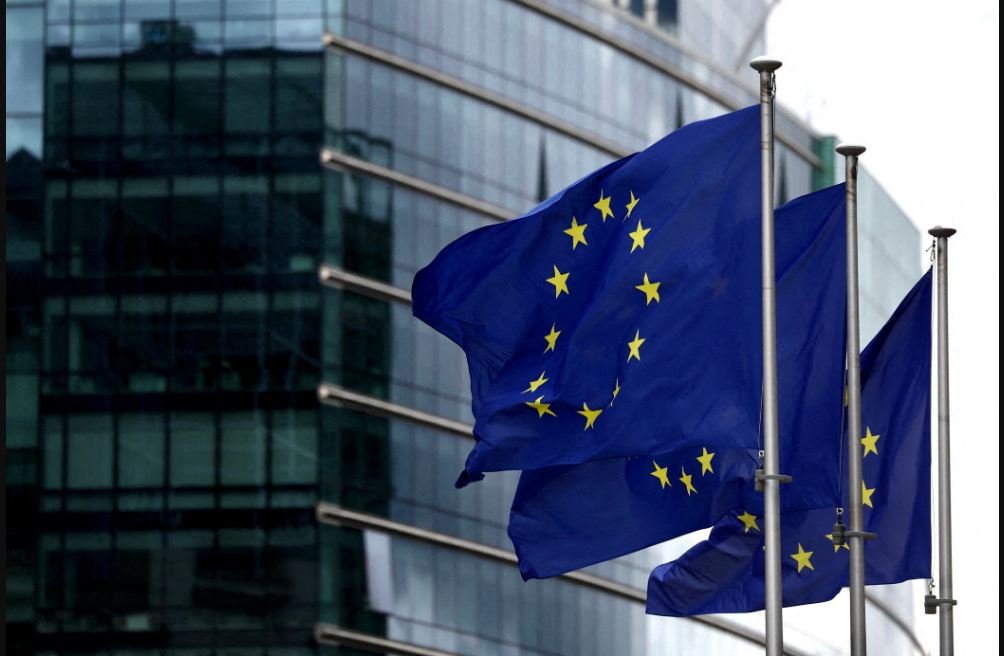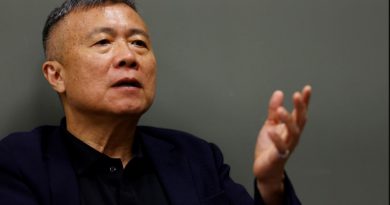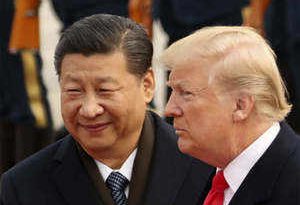Germany Says Serbia Must Align With EU’s Russia Policy to Advance Accession Bid
Belgrade — Germany’s Foreign Minister Johann Wadephul said Serbia must align its foreign and security policies with those of the European Union, particularly regarding Russia, if it expects to progress toward eventual membership.
The remarks came during his visit to Belgrade, where he held discussions with senior Serbian officials on regional stability and accession obligations.
Wadephul stated that aspiring member states must demonstrate full commitment to the EU’s shared principles, including policy positions that govern security and international engagement.
He noted that the conflict in Ukraine had intensified expectations for unity among EU members and candidate countries, placing greater emphasis on clarity and consistency from aspirants.
Serbia has long attempted to strike a balance between its goal of joining the EU and its historical ties with Russia and China.
President Aleksandar Vucic has emphasized that Serbia’s geopolitical stance is shaped by energy dependence, regional dynamics and longstanding diplomatic relationships.
Belgrade remains reliant on Russian natural gas, and the country’s only oil refinery is majority-owned by a Russian company that is under international sanctions related to the war in Ukraine.
The energy sector’s vulnerability has contributed to Serbia’s cautious approach to foreign policy alignment, even as it seeks progress toward European integration.
Wadephul underscored that the situation in Ukraine had reshaped Europe’s security landscape and required cohesive action among all partners.
He said that EU members and accession countries must demonstrate a unified position in support of European principles and collective security priorities.
He added that Ukraine’s ongoing conflict represents a struggle that extends beyond national defense, describing it as a fight for freedom and stability throughout Europe.
In his view, this context makes clarity from Serbia essential, especially given the country’s strategic location and its membership ambitions.
Serbia has declined to join Western sanctions against Russia, reflecting domestic political considerations and economic dependence on Russian energy flows.
However, it has supported several international resolutions that criticize Moscow’s actions, including votes at multilateral institutions condemning the invasion.
Wadephul said Serbia must show it is genuinely committed to the path toward EU membership, which includes measurable alignment with the bloc’s foreign policy.
He stressed that accession is contingent not only on economic reforms and governance standards but also on foreign policy consistency with the EU’s framework.
The European Union has reiterated that alignment on security and diplomatic matters is central to the accession process.
Officials have repeatedly highlighted that candidate countries cannot maintain policies incompatible with the EU’s strategic choices, particularly on major geopolitical issues.
Serbia’s government maintains that its strategic priority is eventual accession to the EU, while also preserving its relationships with global partners.
Officials argue that the country must navigate the process in a way that safeguards economic stability and reflects its domestic political environment.
Analysts note that Serbia’s position is influenced by a complex mix of national identity, regional politics and economic calculations.
Energy dependence on Russia remains a major factor, although Serbia has sought to diversify energy supplies through regional cooperation and infrastructure upgrades.
Wadephul’s visit included discussions on regional security, economic cooperation and reforms required for Serbia to move forward in the accession process.
He emphasized that the EU sought stable, predictable partners and expected candidate states to align more closely with European norms and obligations.
The comments highlight the increasing pressure on Serbia to reconcile its foreign policy with the expectations of the EU, which has tightened its stance as the geopolitical environment evolves.
Observers say the coming months will be significant in determining whether Serbia can adjust its policies sufficiently to maintain momentum in accession talks.
Serbia continues to express interest in a future within the European Union, saying integration offers economic opportunities, modernization and a stronger role in the region.
The question of alignment with EU foreign and security policy remains a central test of Belgrade’s readiness to advance toward membership in the 27-nation bloc.



